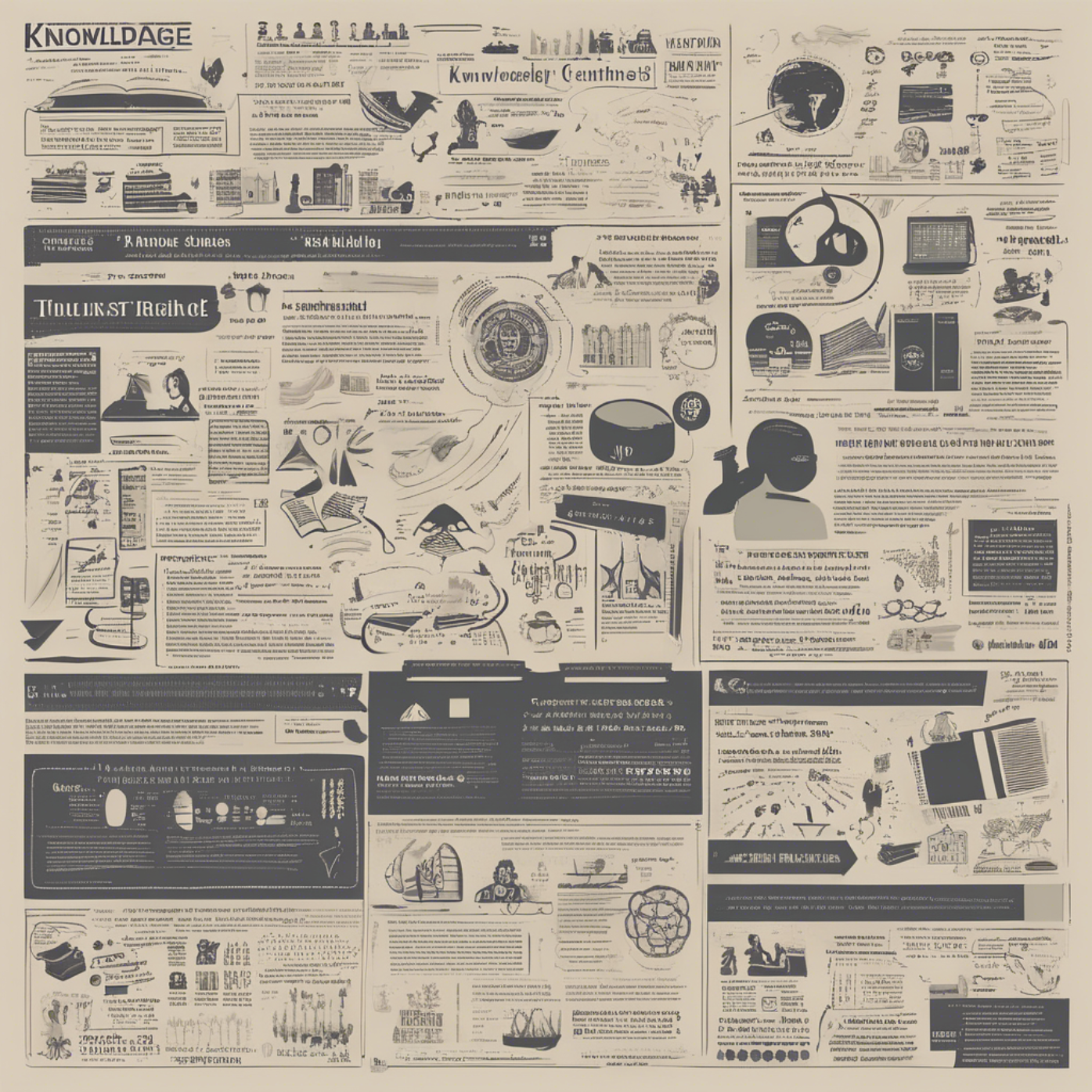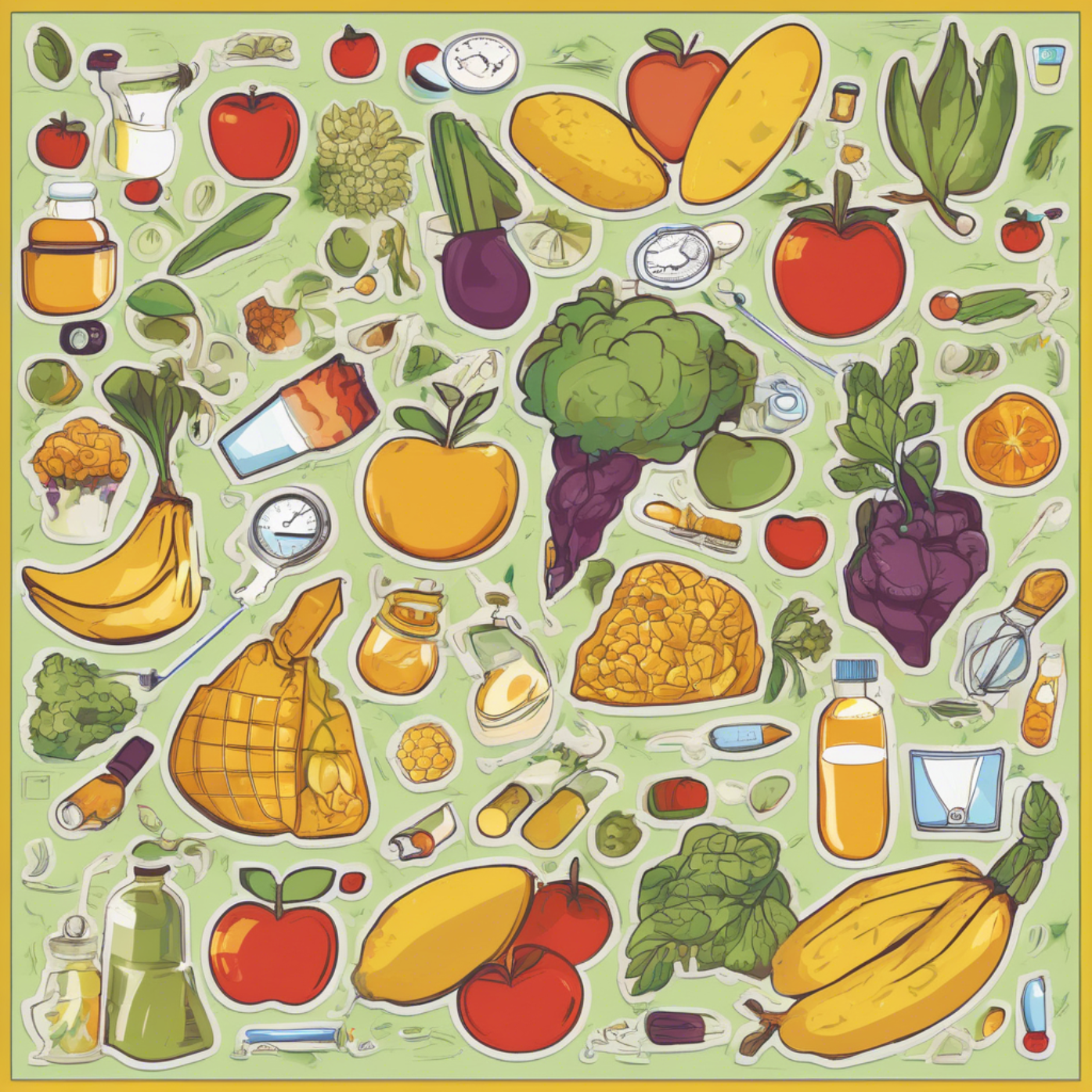
how do you live life to the fullest
Living life to the fullest: A guide to a fulfilling existence
Living life to the fullest is a subjective journey, defined uniquely by each individual. It's about embracing opportunities, finding meaning, and experiencing joy and fulfillment in daily life. While specific paths may differ, several key elements contribute to a vibrant and satisfying existence.
Here's a breakdown of how you can live life to the fullest:
1. Discover and align with your values
Identify your core values: What truly matters to you? Your values are your fundamental beliefs and principles that guide your decisions and priorities. Consider what brings you the most pride and satisfaction, and what kind of environment makes you feel alive.
Live authentically: Once you understand your values, strive to make choices and take actions that are consistent with them. This alignment between beliefs and actions contributes to a sense of purpose and fulfillment.
Don't let societal expectations dictate your path: It's important to differentiate your own values and goals from those that others or society might impose on you.






Write a comment ...